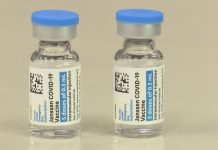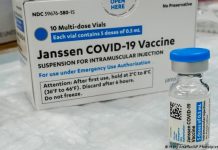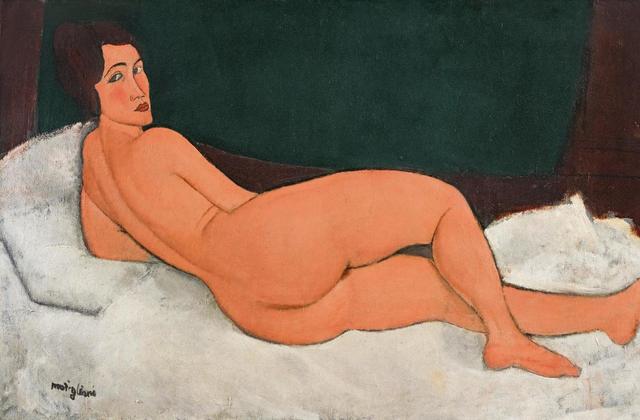Drugmaker Valeant Pharmaceuticals International Inc on Wednesday said that fourth-quarter profit was hit when it cut ties with Philidor Rx Services, but that it could contain the damage next year and grow profit.
The company said it would rebuild lost business through a distribution agreement with Walgreens pharmacies announced on Tuesday, and said the new arrangement would also help sales of products like Xifaxin for irritable bowel syndrome and Addyi, a new sexual dysfunction treatment.
The company forecast 2016 earnings would grow 30 percent to $13.25 to $13.75 per share off a lowered 2015 outlook, just below Wall Street’s highest expectations.
Valeant shares rose 4 percent to $113.73 in New York trading, up from their low of $69.34 on Nov. 18 but still far from an August high of $263.70.
Valeant and Chief Executive Officer Michael Pearson have been criticized for steep price increases on some drugs and for close ties to Philidor, a specialty pharmacy that used aggressive methods to overcome insurer barriers to reimbursements.
Valeant is under investigation by the U.S. government and lawmakers over the price increases and is conducting an internal investigation into the situation with the pharmacy.
On Wednesday, Pearson told investors that Philidor was behind them. The company stopped using Philidor in October, losing 20 percent of its dermatology prescriptions and $250 million in sales in the fourth quarter, he said. Valeant also rolled back all price increases it had planned during the quarter.
“We’ve moved on from Philidor. We ended our relationship and now we have Walgreens. Walgreens is about as reputable as you can get,” Pearson said.
Valeant announced the new distribution deal with Walgreens Boots Alliance Inc on Tuesday, boosting shares.
2016 PROFIT OUTLOOK
Valeant’s 2016 growth outlook has been under a spotlight as the Canadian drugmaker seeks to contain the damage to its dermatology business, which depended on the Philidor sales.
Valeant said 2016 sales would be driven by volume, a change for Valeant, which has been criticized for a business model that depends on growth through purchasing companies and making large price increases on their older drugs. It has also pledged to cut prices.
“That is a shift in strategy but it is one that is consistent with the way the world is going right now,” Pearson told investors.
The new Walgreens agreement, which starts in January, will be similar to the one with Philidor, he said. Valeant will allow customers to receive the prescription immediately and take the risk that it may not receive reimbursement from pharmacy benefit managers down the road.
It is not clear how tough that will be. Pharmacy benefit managers like Express Scripts Holdings Corp and CVS Health do not have agreements to pay for many of the drugs Valeant sells because they prefer that patients use typically less costly generic versions.
A poll of more than 200 investors by ISI Evercore recently found about 25 percent expected 2016 earnings of about $14 per share and 23 percent expected $13 per share.
Valeant forecast in a press release that another closely watched metric, cash earnings, would be $6.9 billion to $7.1 billion in 2016.
About 22 percent in the ISI Evercore poll expected cash earnings of $6.5 billion and 18 percent expected $6.75 billion.
Valeant also said it will cut its debt by about $2.25 billion in 2016 and book revenues of $12.5 billion to $12.7 billion, compared with 2015 sales it estimated at $10.4 billion to $10.5 billion.
The political pressure to roll back the price increases, and a heavy debt load from last year’s purchase of Salix Pharmaceuticals as well as its stock decline, has forced Valeant to reduce its reliance on serial acquisitions and price hikes.
The company cut its 2015 profit forecast to $10.23-$10.33 per share from $11.67-$11.87.
Analysts expected a profit of $11.11 per share, according to Thomson Reuters I/B/E/S.
(Reporting by Caroline Humer in New York and Vidya L Nathan in Bengaluru; Editing by Sriraj Kalluvila, Jeffrey Benkoe and Meredith Mazzilli)












